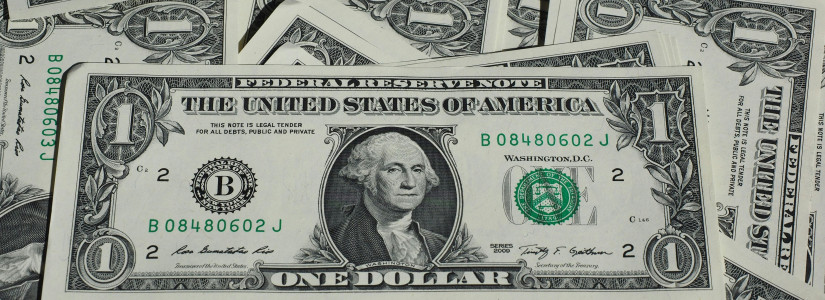Resources and Insights
The latest news Interviews, technologies, and resources about unclaimed assets
Active FTC Refund Programs 2025: Check If You Qualify for a Payout
The Federal Trade Commission (FTC) enforces consumer protection laws to stop scams and illegal business practices. When companies break the law, the FTC works to return money to people who lost it. Read:...
Pensacola and Colorado Residents Reclaim Millions in Unclaimed Property as Inflation Soars
In the middle of inflation-driven financial stress, rising grocery bills, and growing rent prices, a surprising form of economic relief has landed for thousands of Americans—some ...
Do You Have Unclaimed Funds? Here's How To Find Out
Everyone can relate to having a never-ending list of unfinished tasks. Finding out if you have unclaimed funds might be one of those things. It's a relief to learn that finding out if you have unclaimed funds...
23andMe Users Alert: A $30 Million Settlement Is Live. Here’s How to Claim
If you used 23andMe in 2023, you may be eligible for compensation from a $30 million class action settlement tied to a major data breach. The deadline to file a claim is February 17, 2026. The set...
You Could Have Unclaimed Money in Michigan — Check Before It’s Too Late
Do you have money sitting in Michigan’s unclaimed property database right now? You might — and millions of residents do. State officials are urging residents to take a few minutes to se...
Southern University Just Received $163,000 in Unclaimed Property — Could You Be Next?
The Southern University System has received $163,943.14 after the Louisiana Treasury identified unclaimed property owed to the institution. Louisiana Treasurer John Fleming personally d...
Kansas Bill Proposes Bitcoin Reserve Fund Using Unclaimed Digital Assets
Kansas lawmakers are reviewing a bill that would create a state-managed Bitcoin and digital assets reserve without using taxpayer money. How the Reserve Would Be Funded Senate Bill 352 (SB ...
Found Old Gift Cards? NY Comptroller Holds $28M+ You Can Claim
Finding a forgotten gift card during spring cleaning is always exciting. But if it's been over five years since you received it, the unused balance may now belong to New York State Comptrolle...
Nevadans: Claim Your Free Unclaimed Money in 2026 Before It's Too Late
Struggling with tight budgets in 2026? Nevada's state treasurer is urging residents to hunt for unclaimed property right now—over $1 billion in lost cash is waiting, from f...











